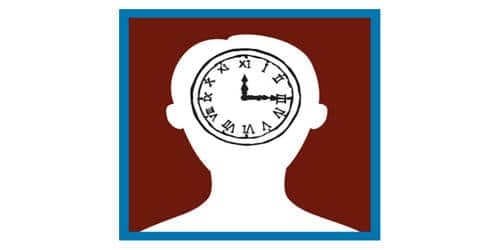Intellectual ability commonly refers to the ability measured by performance on an intelligence test. It is a measure of intelligence, and involves understanding complex concepts and thinking critically. Physical ability can identify individuals who are physically able to perform the essentials function of a job without risking injury to others. It is the capability of performing physical accomplishments, such as flexibility, coordination, basic motor skills. The difference between intellectual and physical abilities are given below:
Intellectual Ability:
- Intellectual ability is the capacity to do mental activities — thinking and reasoning and problem-solving. It is related to the skills of the mind. It is an ability to do speedy and accurate arithmetic.
- Intellectual ability is doing with the mind. It is also sometimes used in the context of discussing the performance of someone in an academic or real-world setting. It is the ability to see the logic and assesses the implication of an argument.
- It measured by performance on an intelligence test. The seven most frequently cited dimensions making up intellectual abilities are number attitude, verbal comprehension, perceptual speed, inductive reasoning, deductive reasoning, and memory. It is the ability to retain and recall past experiences.
- Intellectual ability is the ability of the mind – i.e. how clever, intuitive, etc. a person is. It plays a vital role in complex jobs with demanding information processing requirements. It is the ability to understand what is read and heard and the relationship of words to each other.
- Types of intellectual ability are number attitude, verbal comprehension, perception speed, inductive reasoning, deductive reasoning, and memory. It is the ability to identify a logical sequence in a problem and then solve the problem.
Physical Ability:
- Physical ability is the capacity to do tasks that demand stamina, desired, strength and similar characteristics. It is related to the capabilities of the physical structure. It is the ability to exert muscular force continuously overtime.
- Physical ability is doing with the body. Research on the requirements needed in hundreds of jobs has identified nine physical abilities involved in the performance of physical tasks. It is the ability to expand a maximum of energy in one or a series of explosive acts.
- It measured by performance on a physical test. It is the ability to make rapid, repeated flexing movements. It is the ability to co-ordinate the simultaneous actions of different parts of the body.
- Physical ability is the ability of the body – i.e. how strong, agile, etc. a person is. It gains importance for successfully doing less-skilled and more standardized jobs. It is the ability to move the trunk and back muscles as far as possible.
- Types of physical ability are dynamic strength, static strength, trunk strength, explosive strength, extent flexibility, dynamic flexibility, body coordination, balance, and stamina. It is the ability to maintain equilibrium despite forces pulling off balance.










